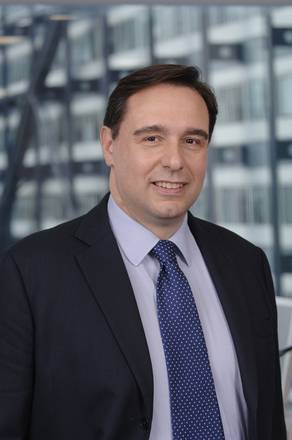EBRD: gas, we have learnt lessons, Danube route opened
Interview with ANSA. South Stream delayed. 700 million for Tap
05 July, 20:22These numbers are of course not comparable with those of Ukraine, which has now in its tanks 14.2 billion, that is 44% of capacity. ''And we must also recognize - Puliti underlined - that between April and June, Gazprom has continued to store in the Ukrainian system 7 billion cubic metres. Russia remains the leading country, and the EBRD will continue to invest in the Russian Federation. Anyway, diversification is a European dogma, and the last few months have confirmed Moscow's slowdown. ''South Stream will surely be built too late,'' Puliti said.
''Gazprom - the general manager at the EBRD stated - has a legal dispute with the European Commission, and we will see how it will end by November''. The last obstacle is Bulgaria: government in Sofia has suspended the pipeline construction, but Vladimir Putin reiterated that ''we will go on''. The EBRD invests 10-12 billion euro per year in the energy sector, led by Puliti. After the failure of Nabucco, the EBRD - the manager said - will invest 600-700 million euros in the Trans Adriatic Pipeline, which will connect the greek-turkish border to Italy with an initial capacity of 10 billion cubic metres. Another challenge is shale gas, which in a few years caused a 'revolution' in the US, and that has given Eastern Europe some hope, even though so far the results of drilling operations in various countries, including Poland, are quite disappointing.
Puliti urged the Italian Government to make again a stable renewable energy investment. ''We are in favour of a low-carbon economy, but - the EBRD warned - you need to take into account business cycles, considering that countries can move at different paces, just like they are doing now in the United States''.














